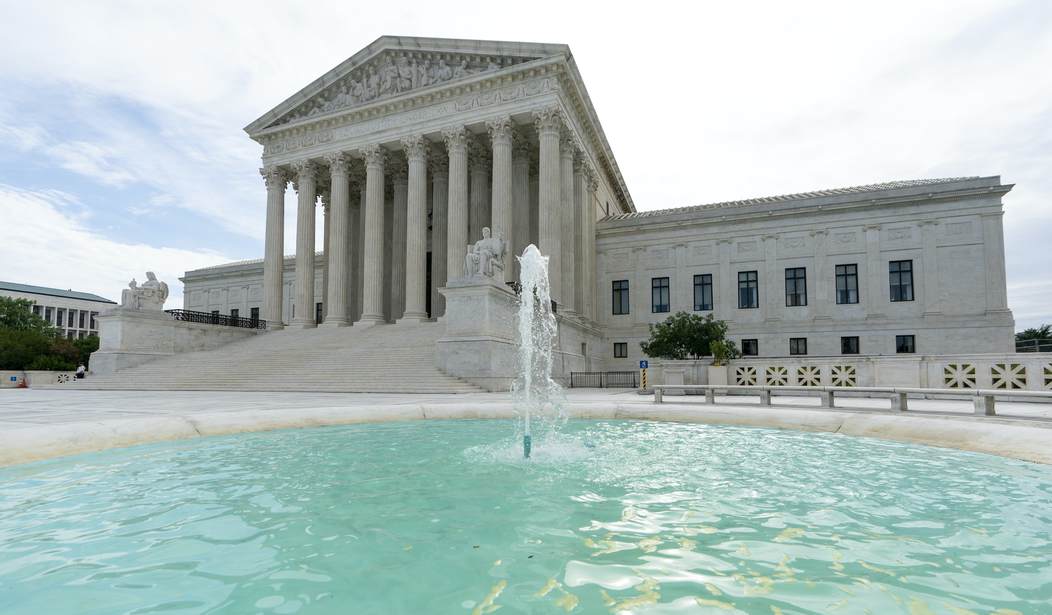Challenging Democratic ballot rule changes in the courts has been a hit-or-miss proposition. You win some, you lose some, but you hope that by the end of the day most of the more egregious efforts by Democrats to make it “easier” to vote fail the legal test.
Making it easier to vote is a fine, worthy goal — as long as ballot integrity isn’t sacrificed. And Republicans in many states have said “this far, no farther” on ballots. The predictable cries of “voter suppression” shouldn’t deter the GOP from fighting for every ballot security measure they can.
To that end, a state court in Iowa and the United States Supreme Court have weighed in and sided with Republicans and ballot integrity.
U.S. Republicans scored legal victories on Wednesday when a Supreme Court ruling allowed Alabama to ban curbside voting and an Iowa court upheld a law that makes it harder to fix problems with absentee ballot requests ahead of the Nov. 3 presidential election.
The rulings were a setback to Democrats, whose presidential candidate, Joe Biden, is running a close race against Republican President Donald Trump in Iowa, while Democratic Senator Doug Jones of Alabama is seen at risk of losing his seat in the election, imperiling Democrats’ chances of seizing control of the Senate.
As an example of how silly the Democrats have gotten in “helping people” to vote, Alabama Democrats wanted to allow absentee ballots to be sent to people whose applications were incomplete or not filled out correctly.
In Iowa, the state’s top court upheld a state law that makes it harder for county officials to process absentee ballot requests that have missing information.
The law requires that officials contact voters directly to obtain the missing information, rather than use the state’s voter registration database to fill in the blanks.
If people can’t follow instructions that any first-grader can easily understand, why should the state “help them” in filling out a simple application? This ain’t rocket science, people. Not only that, the court did not ban clerks from calling voters with missing information on their application to get the proper authentication.
The Supreme Court blocking curbside voting in Alabama is another no-brainer.
At issue was the decision by the Alabama secretary of state to ban counties from allowing curbside voting, even for those voters with disabilities and those for whom COVID-19 is disproportionately likely to be fatal.
Several at-risk voters challenged the ban at the beginning of May. After a three-day trial, a federal district court ruled that the ban on curbside voting violated the Americans with Disabilities Act, and that a policy allowing but not requiring counties to implement curbside voting was a reasonable accommodation under the law.
A federal appeals court upheld the ruling, and the state appealed to the Supreme Court to block the lower court decision from going into effect. Now the high court has granted the state’s request for a stay of the lower court orders.
What’s wrong with curbside voting? Absolutely nothing. But it’s not necessary, which is the whole point of the ban in the first place. If people can pull up to a curb in front of a polling place, they can walk in. It’s that simple and making people hysterical about getting COVID-19 shouldn’t be an excuse to change the law.
Voter fraud doesn’t have to be widespread to be effective. With the country so evenly divided a few hundred stolen votes could mean the difference between victory and defeat. Democrats appear willing to put up with a certain amount of fraud as long as all their voters go to the polls. That’s a monumentally stupid way to approach ballot integrity and they should pay for that.










Join the conversation as a VIP Member